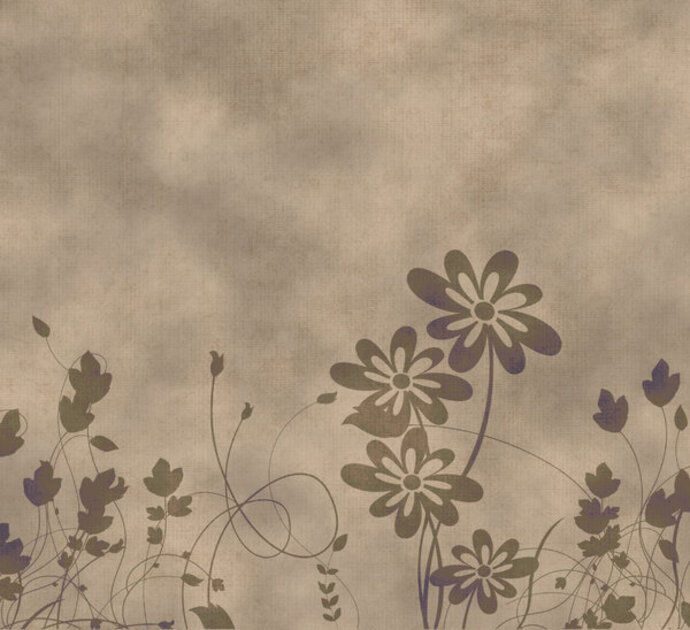
Our Gemara on amud beis references the Biblical directive (Devarim 23:25) to allow a field laborer to eat from the food as he is harvesting, so long as he not abuse the privilege by hoarding:
ūøų╝ų┤ųżūÖ ū¬ųĖūæų╣ūÉųÖ ūæų╝ų░ūøųČųŻū©ųČūØ ū©ųĄūóųČųöūÜųĖ ūĢų░ūÉųĖūøųĘū£ų░ū¬ų╝ųĖų¦ ūóų▓ūĀųĖūæų┤ųøūÖūØ ūøų╝ų░ūĀųĘūżų░ū®ūüų░ūÜųĖų¢ ū®ūéųĖūæų░ūóųČųæūÜųĖ ūĢų░ūÉųČųĮū£ųŠūøų╝ųČū£ų░ūÖų░ūÜųĖų¢ ū£ų╣ųźūÉ ū¬ų┤ū¬ų╝ųĄųĮū¤ūā
When you enter a fellow [Israelite]’s vineyard, you may eat as many grapes as you want, until you are full, but you must not put any in your vessel.
Some of the more mystical commentaries read into this verse a metaphor about life's pleasures and the afterworld. (See Likkutei Moharan 257 and Aderes Eliyahu Ki Tetze 12.) Life is the vineyard, God is the landlord, and we are the laborers. God allows us to enjoy the fruits of our labor, to some extent in this world, but we must always keep in mind, “You must not put any in your vessel.” That is, “You cannot take it with you.” Or as it says in Tehillim (49:18):
ūøų╝ų┤ųżūÖ ū£ų╣ųŻūÉ ūæų░ųŁū×ūĢų╣ū¬ūĢų╣ ūÖų┤ū¦ų╝ųĘųŻūŚ ūöųĘūøų╝ų╣ųæū£ ū£ų╣ųĮūÉųŠūÖųĄū©ųĄų¢ūō ūÉųĘūŚų▓ū©ųĖųŻūÖūĢ ūøų╝ų░ūæūĢų╣ūōųĮūĢų╣ūā
For when he dies he can take none of it along; his goods cannot follow him down.
In the prior Daf Yomi cycle, Rav Shalom Rosner in his shiur related this verse to Koheles Rabbah (5:14), which tells us a brilliant parable about a fox that wanted to squeeze through a small hole in the fence to enter an orchard. The too-clever fox starves himself so he is thin enough to fit through the hole. He then gorges himself to satisfaction, only to discover that he is too fat to squeeze himself out. In the end, he has to starve himself to leave, and he is back to where he started. Of course it is a metaphor about everything in this world. The enjoyment is temporary and we lose it all when we need to leave. It is also Pharaoh’s dream, the seven skinny cows looked the same, despite having just eaten the seven fat cows.
Rabbi Mordechai Elefant, the late Rosh Yeshiva and founder of the ITRI yeshiva, dictated a candid memoir of his eclectic life experiences as a Rosh Yeshiva, Investor-entrepreneur and fundraiser. His travels took him far and wide, as he engaged with fellow Roshei Yeshiva, but also secular statesmen, and assorted famous and not-so-famous shady characters in his various efforts on behalf of his yeshiva and other causes. (You can download this fascinating read at: https://forum.otzar.org/download/file.php?id=88463 This is no hagiographic exercise. It’s at once inspiring, disturbing and brutally honest.)
He relates a remarkable story that is apropos to this parable:
I walked in one morning and saw Rav Leib Malin himself, repairing a toilet. He noticed the look on my face and realized that I thought that what he was doing was not in keeping with his dignity. He sat me down and told me the secret of his life.
He said, “Let me tell you something I heard in the name of Rav Simcha Zissel of Kelm:
“God keeps very exact accounts of what we take from this world. We don’t get anything for free, other than life itself. Any person who is the least bit honest with himself understands how unworthy he is. At the same time he’s running up a big debt. Nothing is free - not a sip of water, not a breath of air.”
“How do we stand a chance? There’s only one way. You have to view life as a big, luxury hotel. They’re charging you left and right. It’s great, but there’s going to be a huge bill when you check out. There’s only one guy who enjoys the delights of the hotel without paying. That’s the waiter. The waiter is devoted to serving others. He’s always smiling and ready to help. He is at the beck and call of the guests. He runs to help one, and then runs to help the other. But when he takes a break, he can go into the kitchen and make himself a sandwich with two thick steaks in it. Nobody looks, nobody cares, nobody charges him. That’s what you have to do. Be a waiter. Devote your life to serving others. Do whatever has to be done then at the end you won’t be hit with a big tab.”

 Previous
Previous
